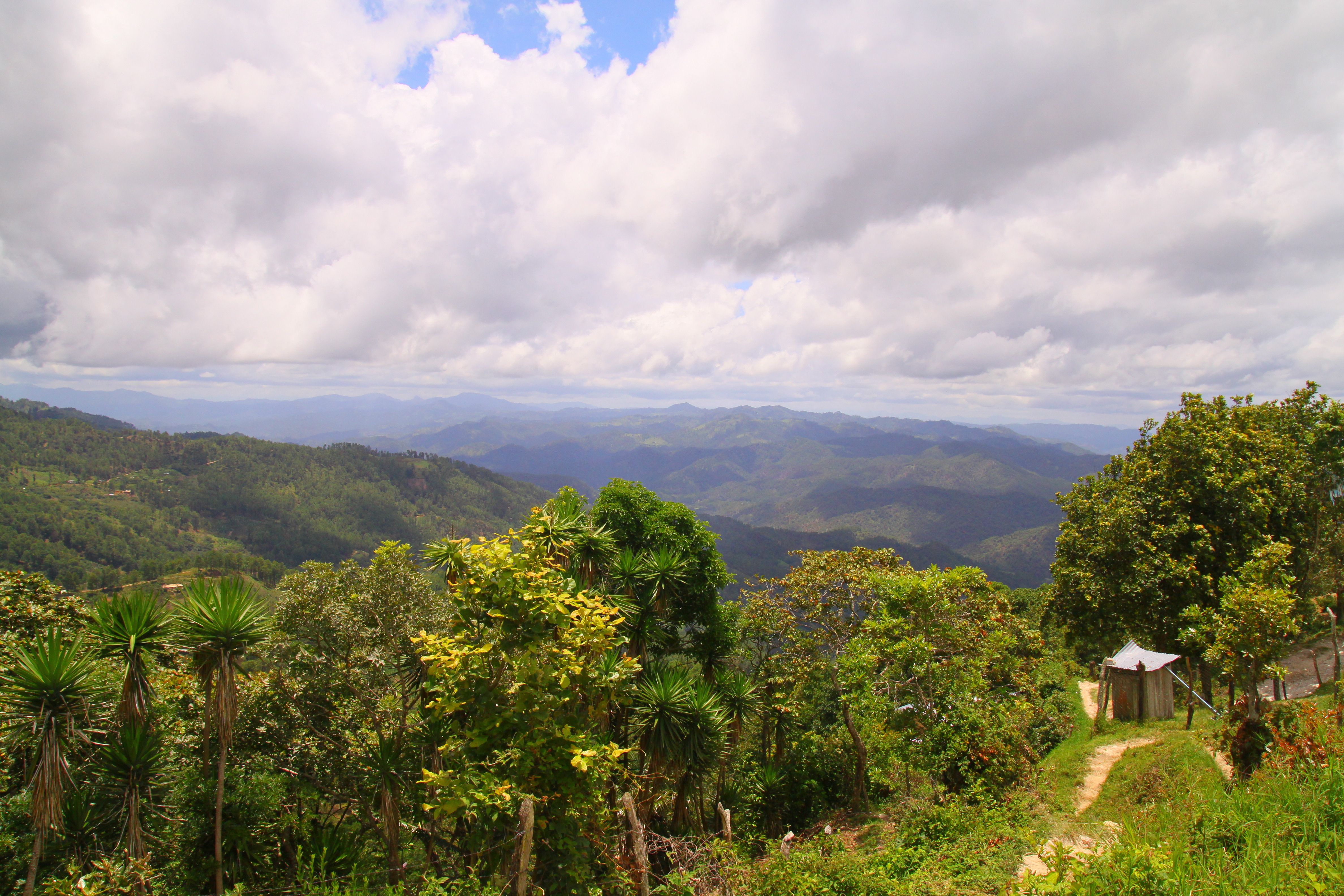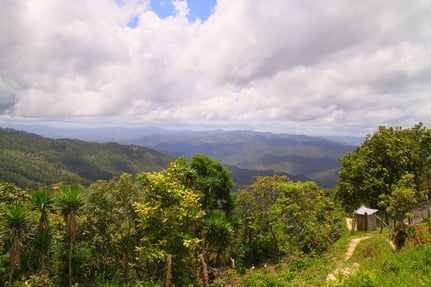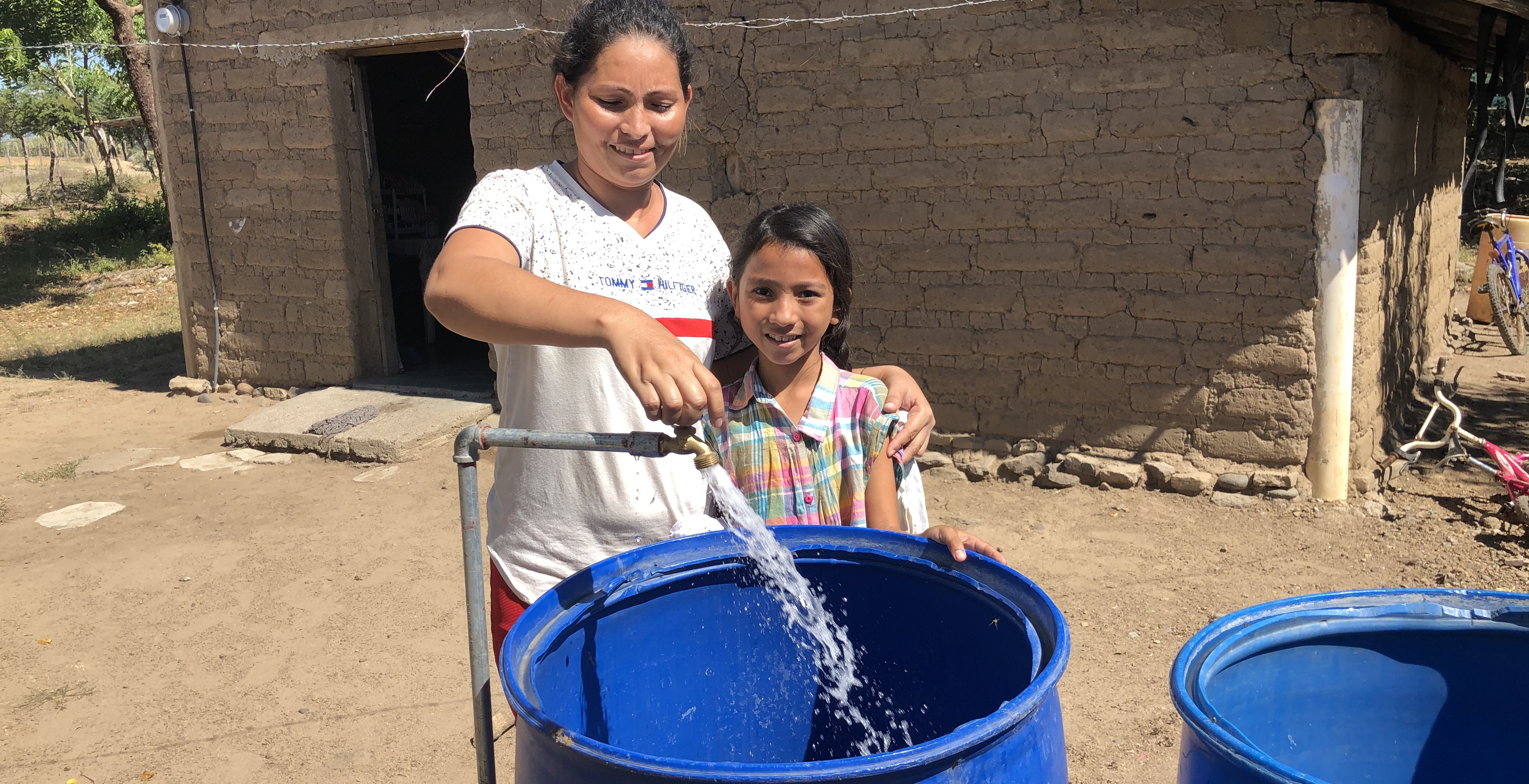Laura Trice, Bachelor of Science in Environmental Science School of Public and Environmental Affairs Indiana University, December 2012
Click here for the full report: Chlorine and Coffee Beans Report GWB
Click here for a report summary: Chlorine and Coffee Beans Summary GWB
Abstract
The global coffee industry employs 20 million people, 70% of which are small holder farmers in tropical regions. Global Brigades, a nonprofit international development organization, often works in such coffee-growing communities as they implement sustainable solutions to issues of health and development in Honduras. One such community is El Zurzular, Honduras, with whom Global Brigades has recently collaborated to build a water transport and chlorination treatment system. The community has decided to stop chlorinating during coffee harvesting season, however, because of a belief that chlorine negatively impacts the quality and flavor of coffee beans when washed with treated water during bean processing. This leaves the community without treated drinking water for four months of the year, which causes intestinal illness and parasites.
To illuminate how best to continue providing El Zurzular with clean drinking water while maintaining a quality coffee product to sell for income, I have investigated common practice in rural water treatment in coffee communities worldwide. I contacted 121 coffee farms, roasters, retailers, and grower’s associations to illuminate the following issues: 1. Is treated water used during coffee bean processing? 2. If so, is chlorine used to disinfect water? 3. Do you hold any perceptions or beliefs about the effect of chlorine on coffee bean quality or flavor? Questions were sent out via email, which achieved a 40% response rate and included responses from coffee farms in Central America, Australia, Kenya, Thailand, Mexico, and Hawaii.
The majority response was that treated water is not used in coffee bean processing. Responders offered myriad justifications for their methods, ranging from lack of any knowledge on the subject to informed decisions regarding chlorine use. Two key findings were evident: there is a paucity of information on the effects of chlorinated water on coffee bean quality, and it is crucial that context-dependent decisions be made when implementing effective rural water treatment.
The results from this inventory will be sent to the Program Leader of Global Water Brigades in Honduras to inform decision-making about water treatment in El Zurzular as well as in future water projects in other coffee-growing communities. I offer alternatives for Global Brigades to implement based on these findings, including using an alternative water source for coffee bean processing, outsourcing bean processing to large processing facilities, using chloramines instead of hypochlorite as a disinfectant, or construction of a diversion pipe to redirect untreated water. On a larger scale, this research addresses health and development worldwide and provides valuable insight into addressing the critical issue of water treatment in rural agricultural communities.





